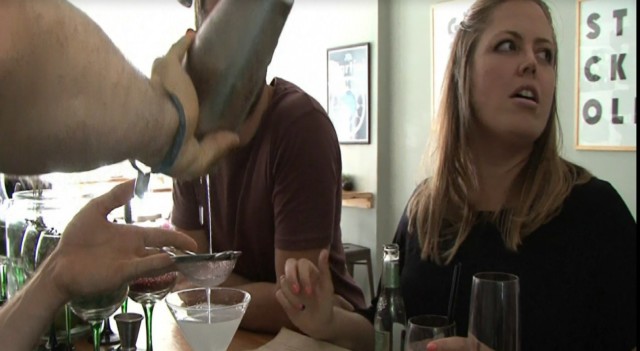For generations, gin bars in South Africa were virtually nonexistent. That’s changing now for an unlikely reason: flowers in nearby mountains.
The result has been a new boom for a libation dating back several hundred years.
CGTN’s Matt Simon reports.

South African gin bars emerge thanks to a unique twist
South African varieties of gin are beginning to make a mark on the global scene. Craft distilleries in the Cape Town area are using flowers and herbs of the surrounding mountains in a bid to make a dent in the habits of the beer-loving nation“Gin around the world is starting to have a moment and South Africa has jumped on the bandwagon,” says South African gin maker Lucy Beard.
Beard runs “Hope On Hopkins,” the first gin distillery to be licensed in Cape Town. It opened just two years ago. Beard says soon after opening, others jumped on the bandwagon.
“There were little craft distilleries everywhere,” says Beard. “It was basically a passing comment: ‘Do you think we could make gin?’ We downloaded a book on distilling to our Kindles and sat in a campsite in Spain reading it.”
Source: Euromonitor
Beard, like other South African gin makers, realized good gin could be made with local ingredients. The process starts as it does for all gin making: spirits are distilled with what gin makers call botanicals to add flavor. There is only one real rule: one of the flavors must be juniper. The rest is up to the gin maker.
In South Africa, gin makers have discovered the unique qualities of flowers and herbs in the mountains surrounding Cape Town. Together, they’re called “fynbos” and feature flavors like sweet kapokbos, strong and fresh buchu, dry rooibos, rose geranium, wild olives and honeybush.
“There are so many flavours to experiment with,” says Simon Von Witt of Woodstock Gin, a small operation that has quickly ramped up to producing about 1,000 bottles per month.
Von Witt prefers to use rooibos, more commonly known for its use in tea.
“The rooibos is quite dry and the honeybush contrasts that — it’s slightly sweet and it just brings out amazing flavours,” he says. “It’s such a uniquely South African plant.”
Gin is just beginning to become known in South Africa. Just 0.1 percent of alcohol consumed in 2015 was gin; beer accounted for 78 percent of the market, according to South African Wine Industry Information and Systems.
Story by AFP
 CGTN America
CGTN America
